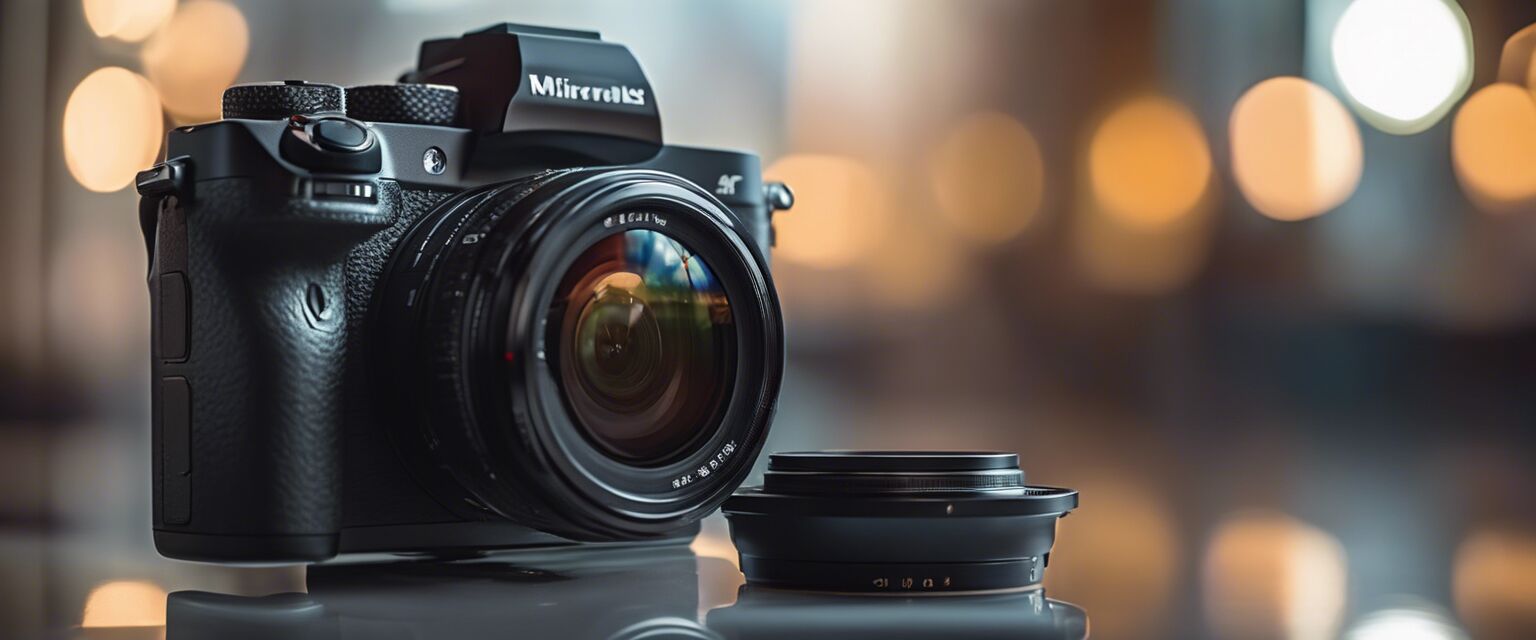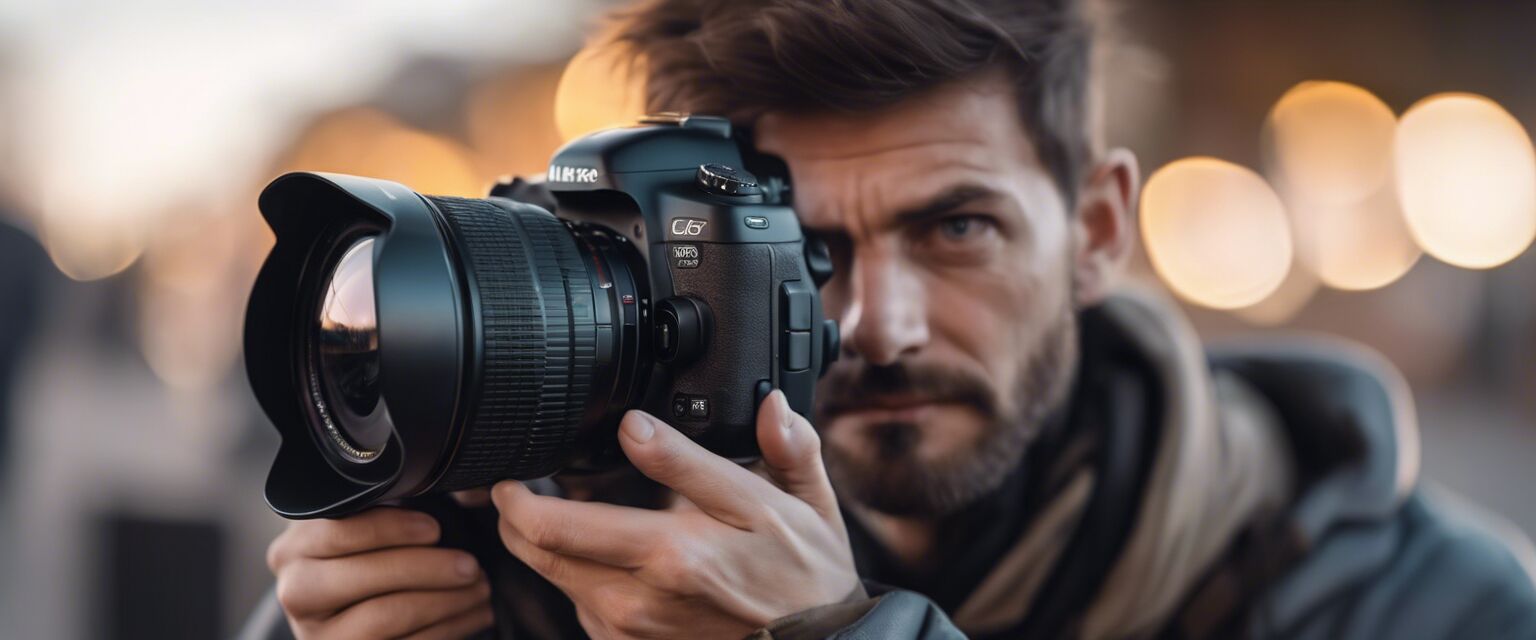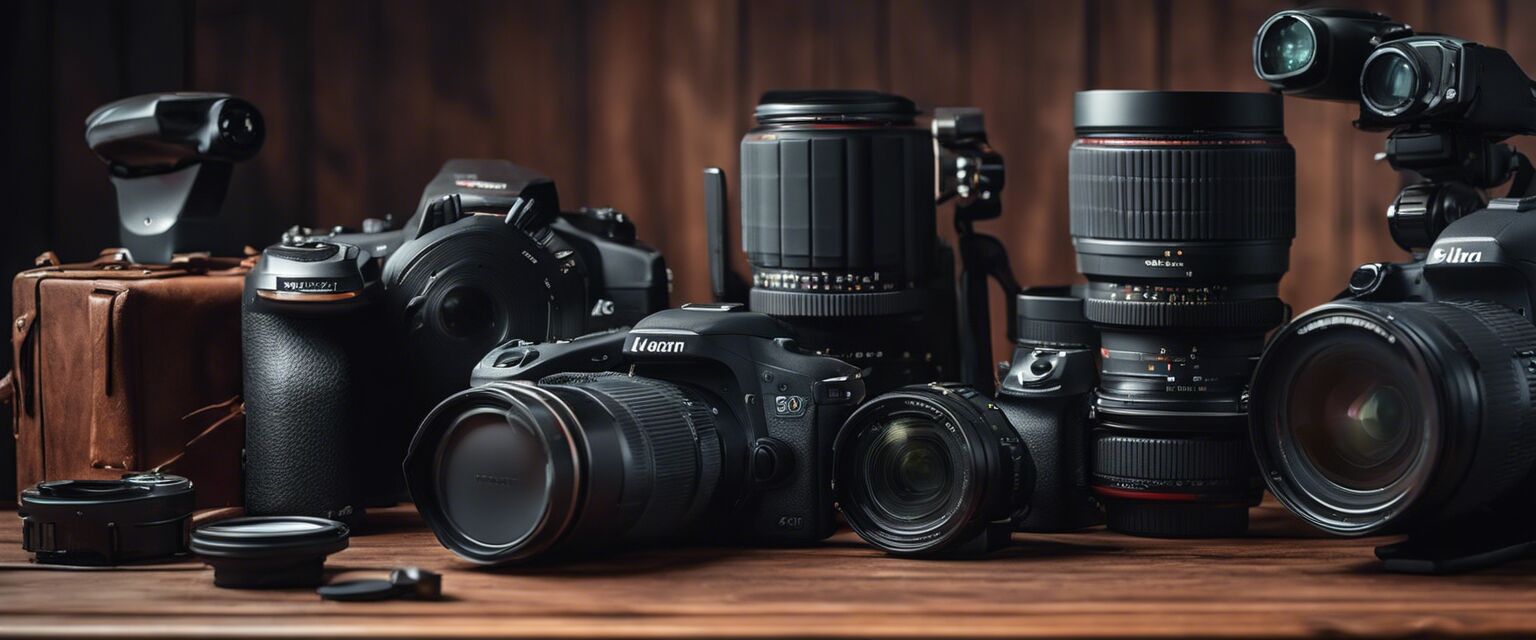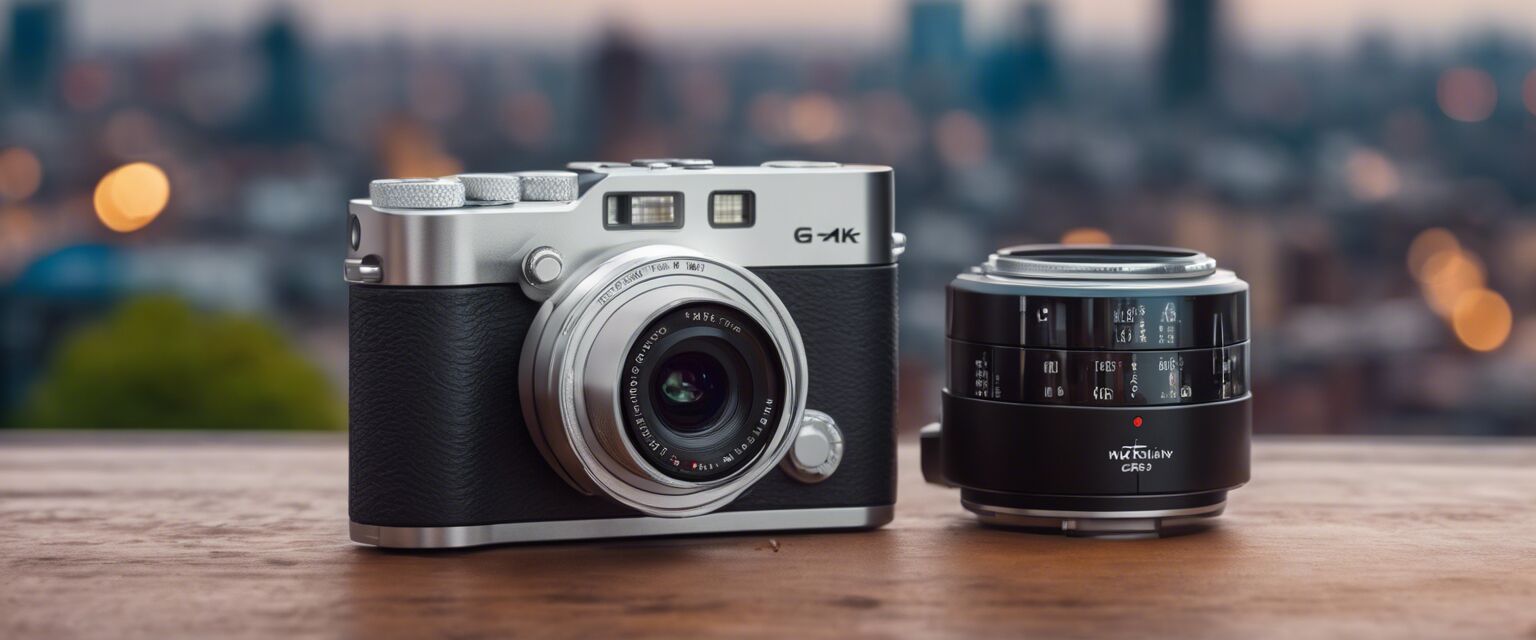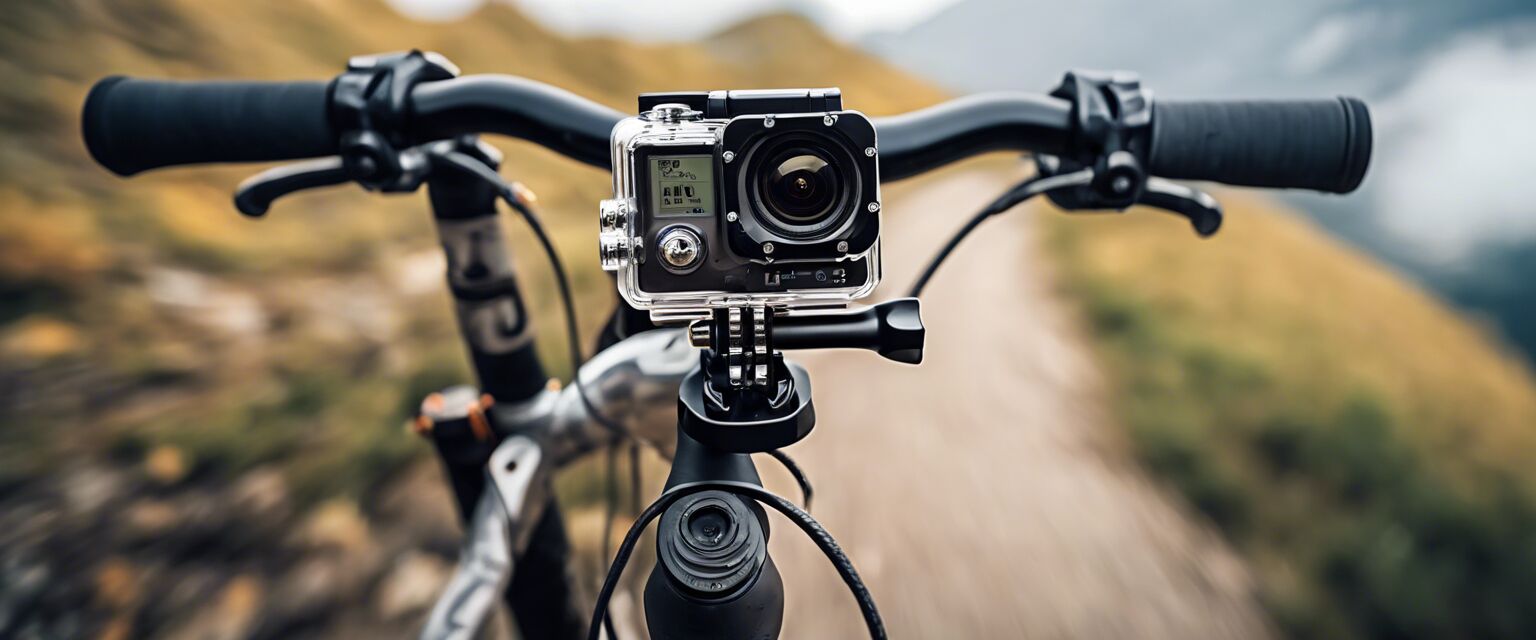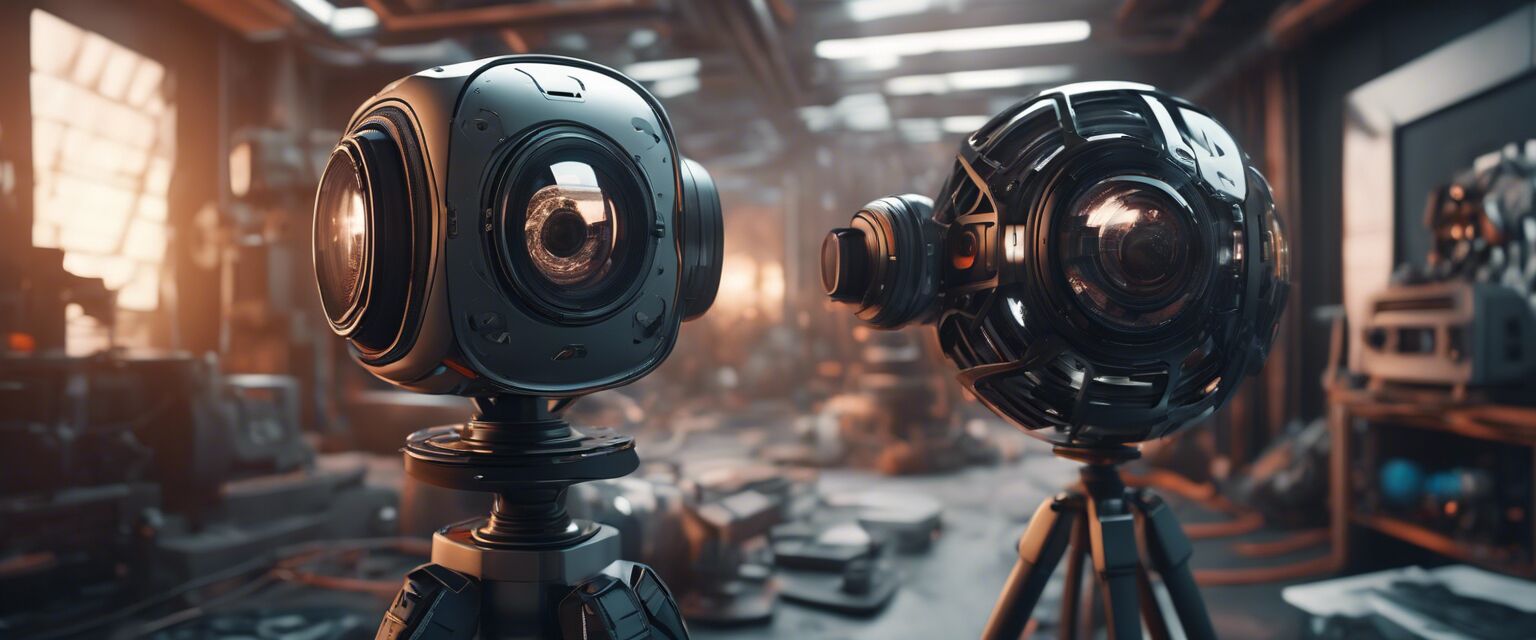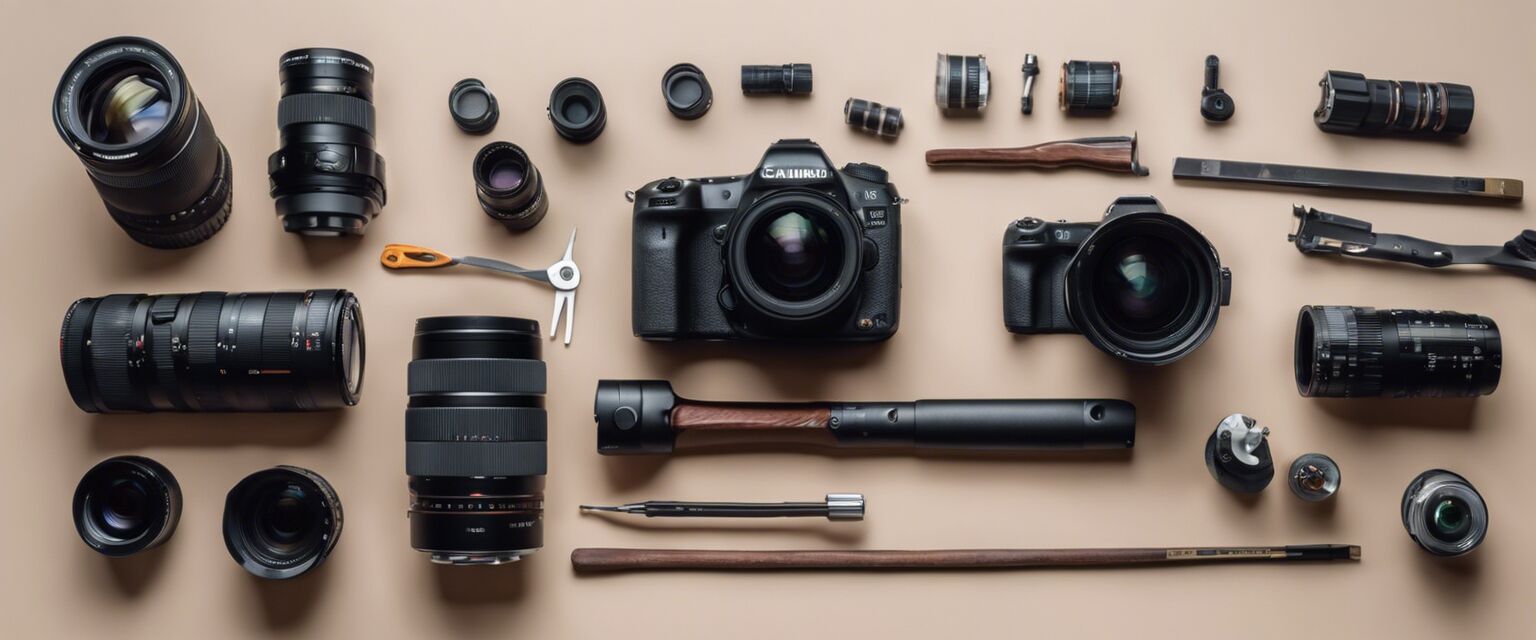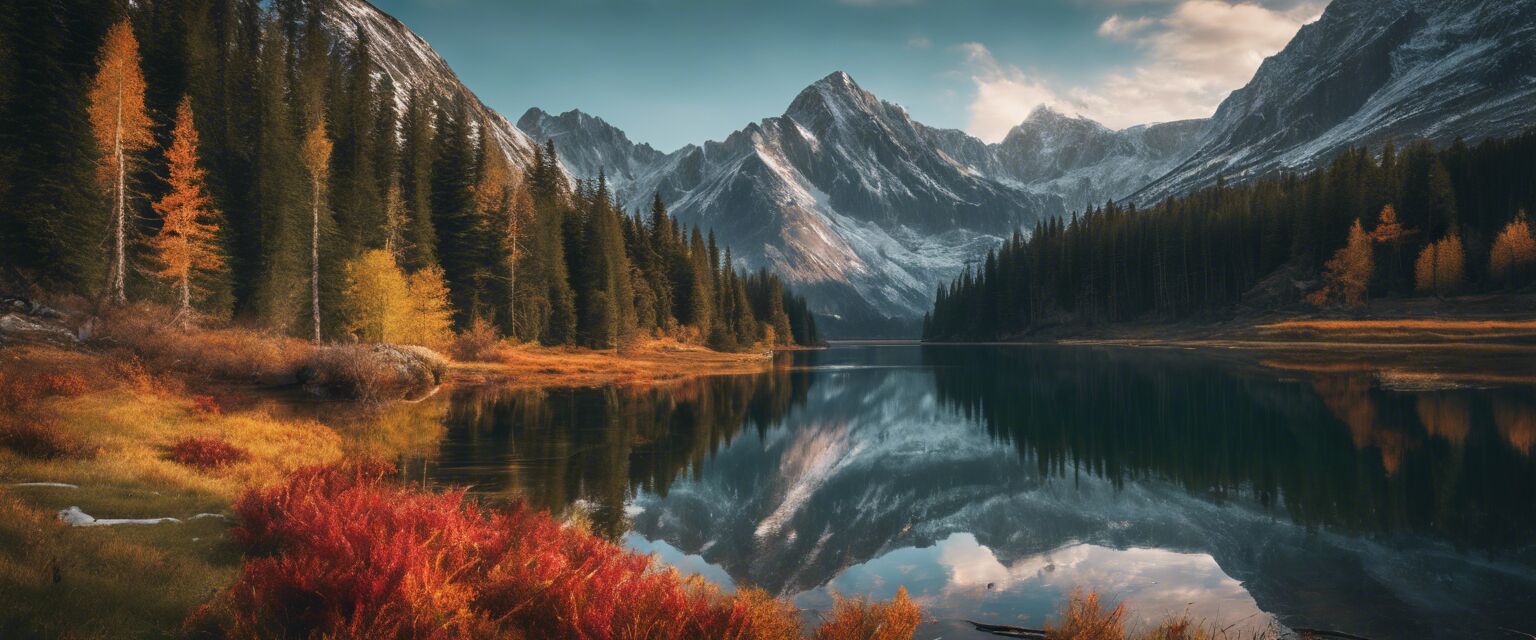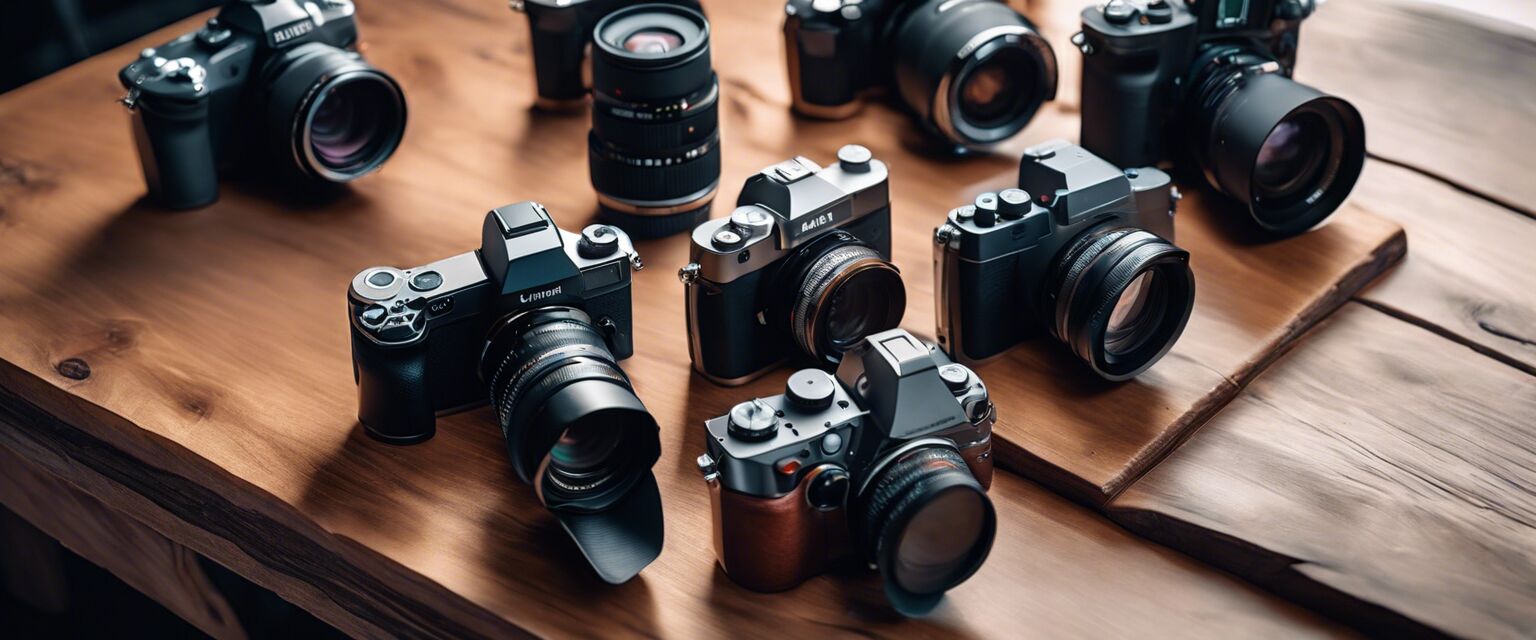
Professional Photography Cameras
Are you a professional photographer looking for the best camera to take your photography to the next level? With so many options available, it can be overwhelming to choose the right one. In this article, we'll review and compare top camera models used by professional photographers, helping you make an informed decision.
Key Takeaways
- DSLR and mirrorless cameras are popular choices among professional photographers
- Full-frame sensors provide better image quality and low-light performance
- Weather sealing and durable construction are essential for professional use
- Camera features such as autofocus, burst mode, and video capabilities are crucial for specific genres of photography
Types of Professional Cameras
Professional photographers often use DSLR (Digital Single-Lens Reflex) or mirrorless cameras, which offer superior image quality, manual controls, and advanced features. Here are some key differences between the two:
| Feature | DSLR Cameras | Mirrorless Cameras |
|---|---|---|
| Sensor Type | Full-frame or APS-C | Full-frame or APS-C |
| Viewfinder | Optical | Electronic |
| Autofocus | Phase-detection | Contrast-detection |
| Video Capabilities | 4K, 30fps | 4K, 60fps |
Top Professional Camera Models
Here are some top professional camera models used by photographers:
- Nikon D850: A high-resolution DSLR with excellent image quality and weather sealing
- Sony Alpha a7R IV: A mirrorless camera with a high-resolution sensor and advanced autofocus features
- Canon EOS 5D Mark IV: A full-frame DSLR with excellent video capabilities and weather sealing
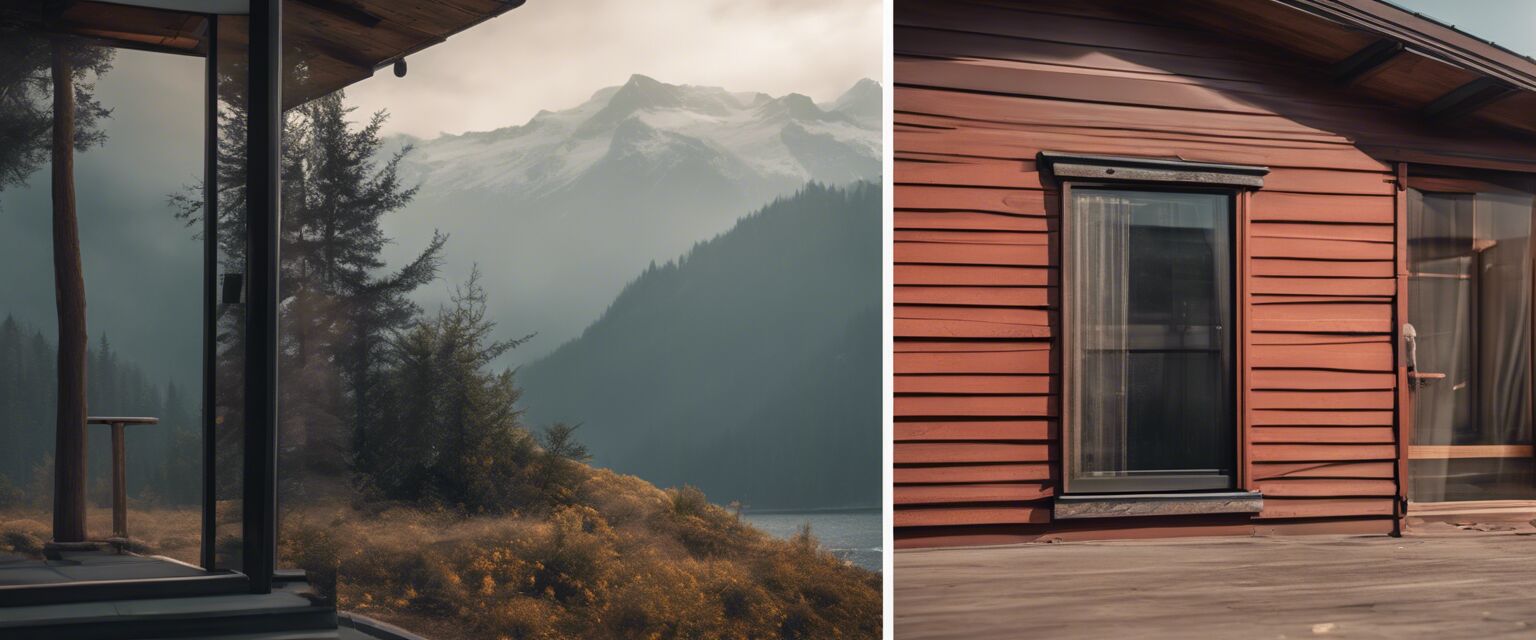
Camera Features for Specific Genres
Depending on the genre of photography, certain camera features are more important than others. Here are some key features to consider:
| Genre | Key Features |
|---|---|
| Full-frame sensor, high ISO range, and advanced autofocus | |
| High-resolution sensor, weather sealing, and tilt-shift lenses | |
| Fast burst mode, advanced autofocus, and weather sealing |
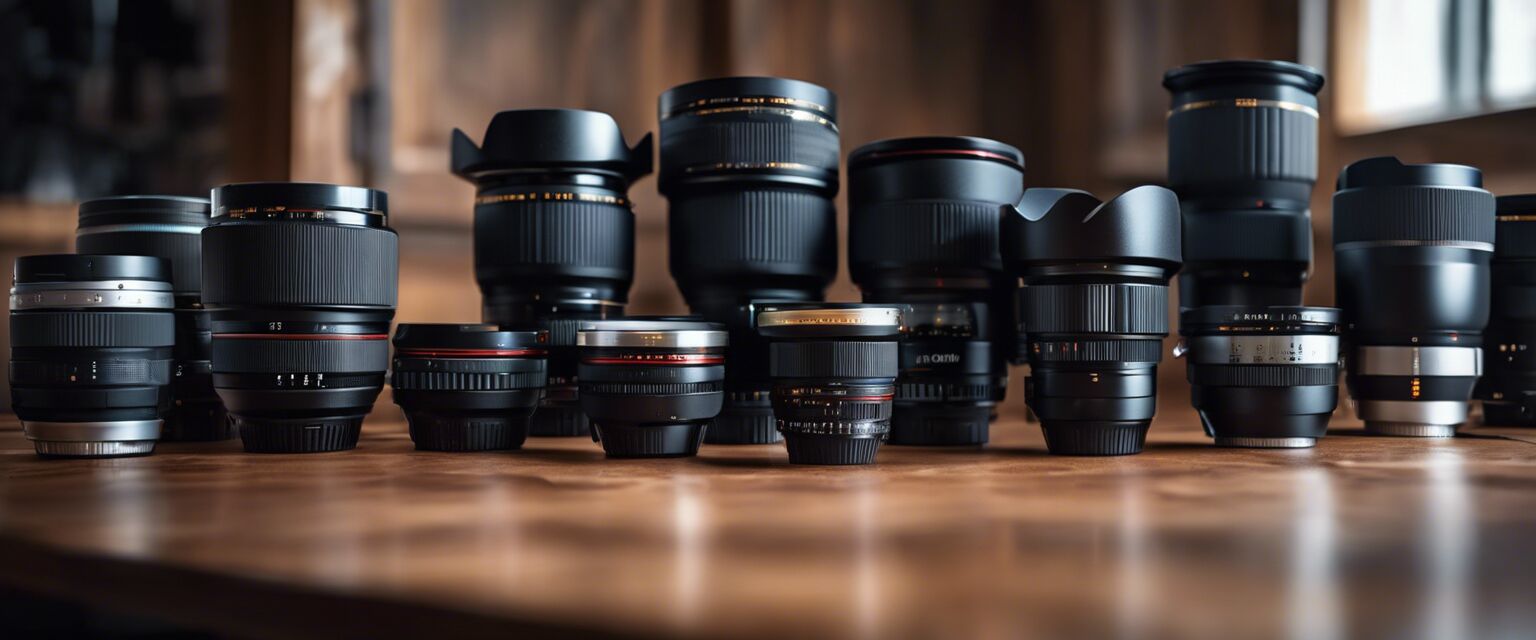
Pros
- Professional cameras offer superior image quality and low-light performance
- Advanced features such as autofocus, burst mode, and video capabilities
- Durable construction and weather sealing for harsh environments
Cons
- Higher cost compared to entry-level cameras
- Steep learning curve for beginners
- Large size and weight can be cumbersome
Beginners Section
If you're new to professional photography, here are some tips to get you started:
- Invest in a camera with a full-frame sensor for better image quality
- Practice with different genres of photography to find your niche
- Learn about camera settings and techniques to improve your skills
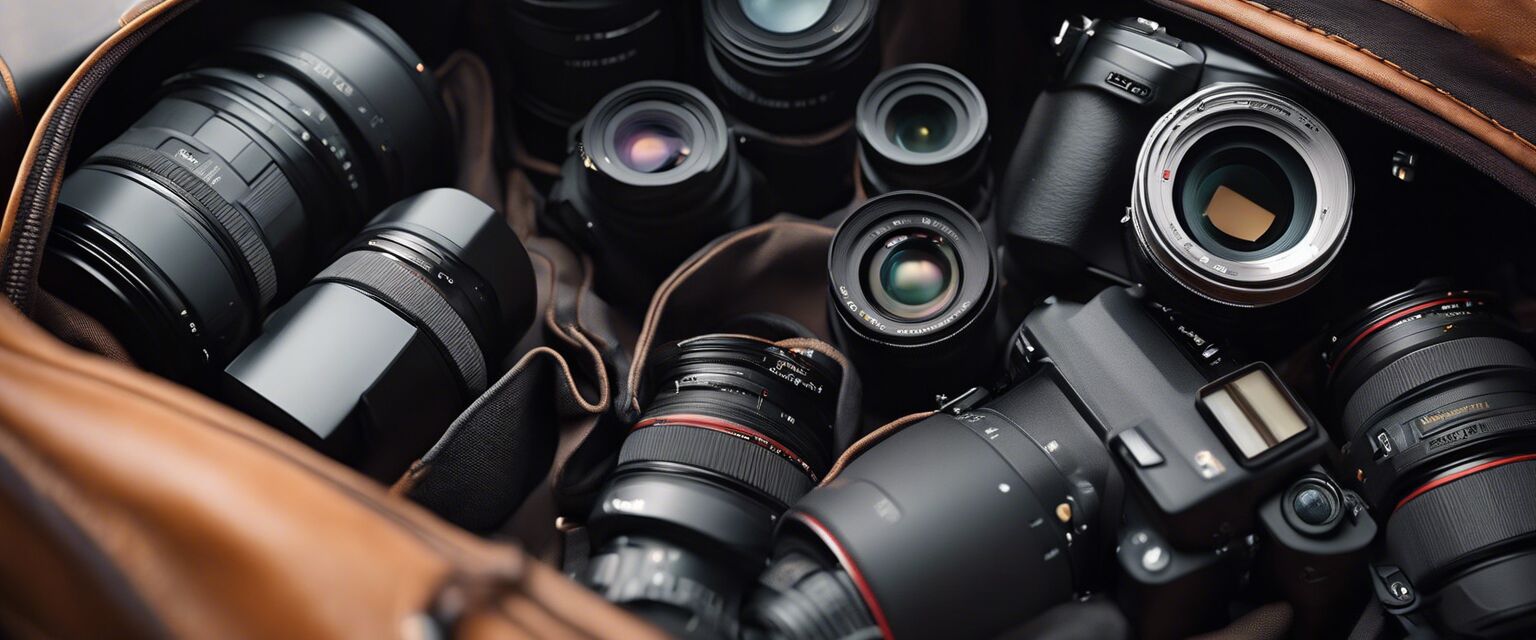
Conclusion:
Choosing the right professional camera depends on your specific needs and genre of photography. By considering the key features and benefits of each camera model, you can make an informed decision and take your photography to the next level.
